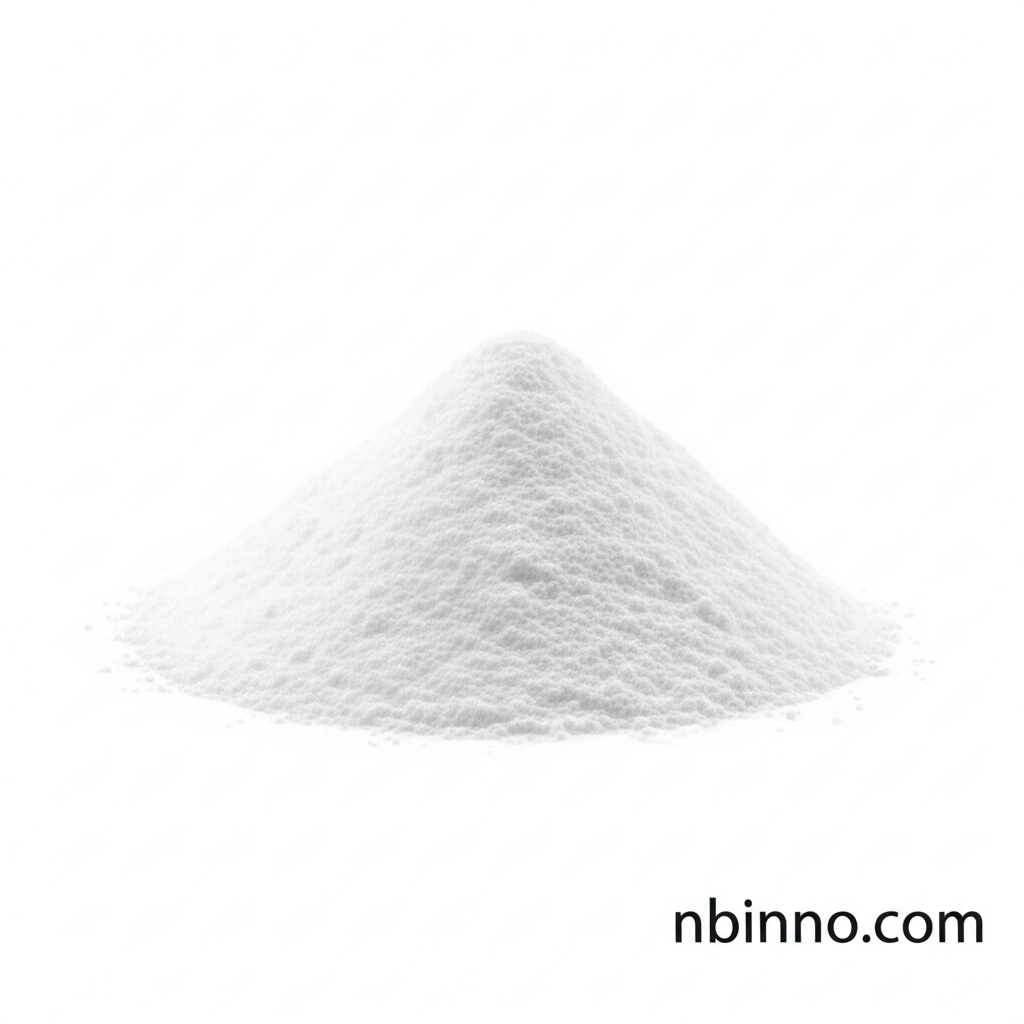High Purity Retatrutide Peptide: A Triple Agonist for Obesity Research and Diabetes Management
Explore the groundbreaking triple agonist peptide for metabolic health advancements and weight loss research.
Get a Quote & SampleProduct Core Value

Retatrutide Peptide
Retatrutide is a novel triple agonist peptide targeting the glucagon receptor (GCGR), glucose-dependent otropic polypeptide receptor (GIPR), and glucagon-like peptide-1 receptor (GLP-1R). This high-purity product (>99%) is a critical tool for obesity research and shows significant promise as an antidiabetic agent.
- Discover the potential of triple agonist peptide for diabetes through Retatrutide's advanced pharmacological profile.
- Understand the retatrutide mechanism of action which powerfully activates GLP-1R signaling pathways.
- Source high-quality lyophilized retatrutide powder for research and development purposes.
- Leverage Retatrutide as a vital retatrutide pharmaceutical intermediate in drug discovery for metabolic conditions.
Key Advantages
Enhanced Metabolic Control
Investigate how retatrutide weight loss peptide can lead to significant body weight reduction and improved metabolic markers.
Dual Therapeutic Action
Benefit from the peptide's dual action as both a GCGR GIPR GLP-1R agonist, addressing multiple facets of metabolic health.
Superior Purity Standards
Ensure research reliability with a product boasting over 99% purity, ideal for sensitive scientific applications and as a retatrutide acetate source.
Key Applications
Obesity Research
Utilize Retatrutide as a pivotal molecule in studies aiming to understand and combat obesity, exploring its effects on appetite and energy expenditure.
Type 2 Diabetes Management
Explore the glucose-lowering capabilities of this novel diabetes treatment research peptide, which stimulates insulin secretion and suppresses glucagon.
Pharmaceutical Development
Integrate Retatrutide into drug discovery pipelines, leveraging its potential as a pharmaceutical intermediate for new antidiabetic agents.
Metabolic Syndrome Studies
Investigate the compound's role in addressing broader metabolic syndrome components by analyzing its impact on gastric emptying and food intake.
